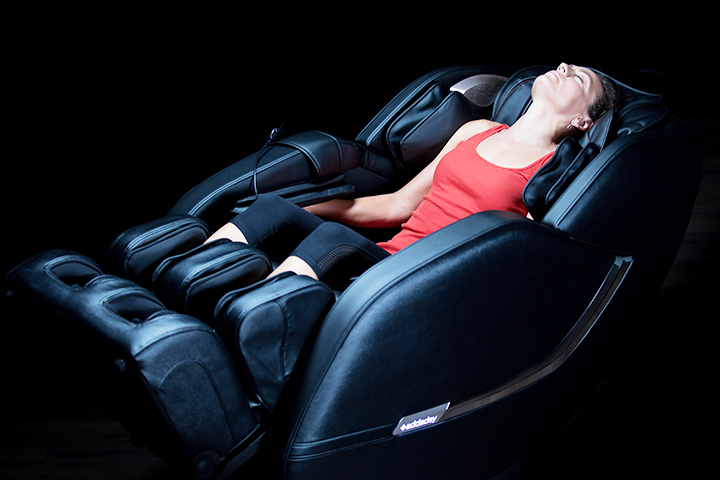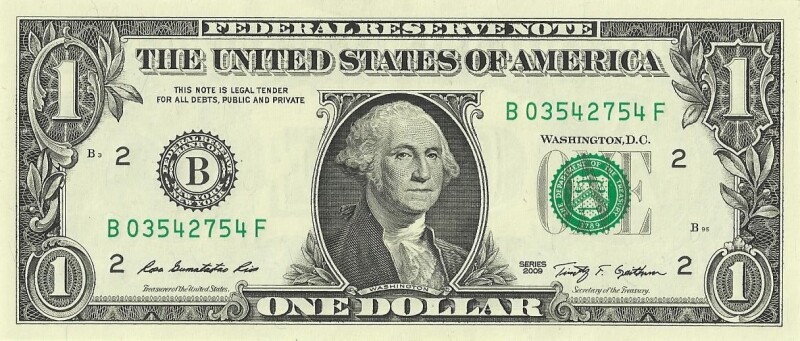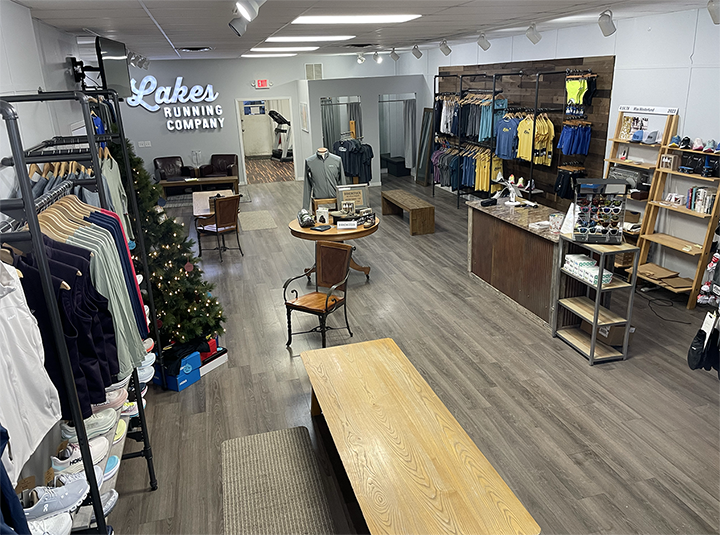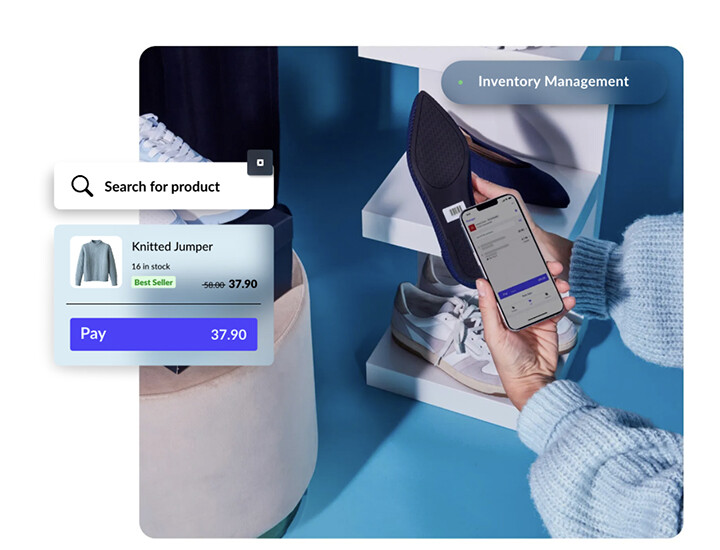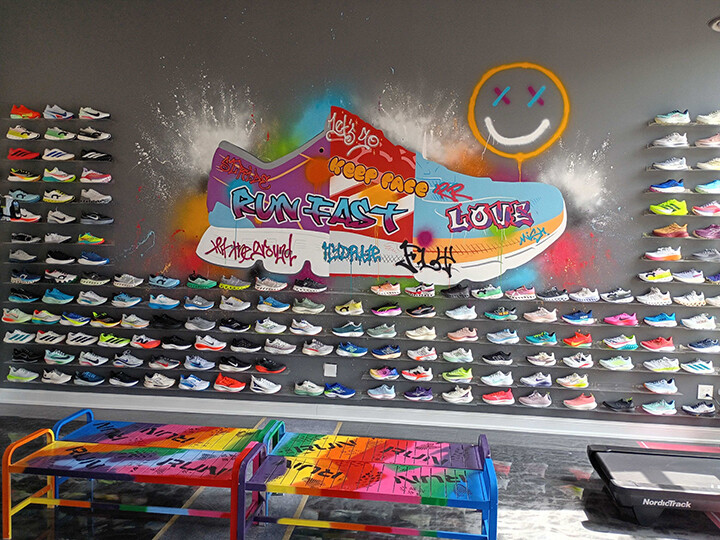Vic Yang wants to change the way athletes recover and, in the process, believes he can create a long-term business opportunity for run retailers.
Earlier this year, Yang’s company Addaday introduced a massage chair designed specifically for athletes. The chair, which looks like a La-Z Boy recliner, is actually anything but. The treatment in Addaday’s Bio Chair begins by scanning the athletes’ body, mapping the spinal curvature to get to know the user’s height, weight and body shape before each treatment session. After the scan, the recovery massage takes place using dynamic air compression, zero gravity inversion and targeted rollers, which Yang says kneads, compresses and massages various body parts. The chair’s cover is made from a stretch synthetic material that allows for comfort and easy cleaning.
The chair comes in three versions, including a deluxe Ironman branded model, ranging in price from about $1200 to $4000 each. And each recovery session can be customized with a hand held remote that allows athletes to select the strength and type of massage they want.
Addaday is no stranger to the electronic massage business. Last year it introduced electronic massage devices for feet, calves and other parts of the body, all part of Yang’s vision of building a business that takes a modern technological approach to recovery.
“The recovery and massage business should be driven by specialty stores,” Yang says. “They have the customer base, the staff and the understanding of athletes to build this into a $1 billion business.”
Addaday has introduced its BioChair with an unusual business model that establishes stores as “showrooms” that can display and demo the product and then sell it without carrying inventory. The theory is that stores will set up a BioChair in their store, showcase its capabilities and when a consumer is ready to purchase, they will make the payment in the store and Addaday will fulfill the order with delivery to the consumer’s home.
The plan is to make the delivery and “installation” as easy as possible. The box that contains the BioChair has wheels so it can roll into the house easily and once the chair is out of the box no assembly is required. Consumers can simply plug it in and start recovering, Yang says. Each chair has a two-year warranty.
At a projected average selling price of $3000 across all three models the BioChair offers the potential of some serious gross margin dollars. Yang estimates the average mark-up will be about 40 points. “That will generate as much profit as 62 massage sticks, 12 massage guns or 30 pairs of shoes,” he says. Yang says stores that carry the chair should be able to sell a minimum of one unit a month.
The chair has already been placed in 35 stores across the country and Yang says they have experienced that it typically takes two to three touches to sell the chair. “A runner will try it out and take down, then return with their spouse to get their buy in. It’s a major purchase that takes some consideration, but we are seeing that stores that commit to it are having success.”
Another key benefit of carrying the BioChair, according to Yang, is that having it in the store will elevate the entire “massage” category. “Runners may not buy the chair right away, but they’ll buy the gun or something else. The massage business has changed so much and running stores are positioned to be leaders and take full advantage.”
